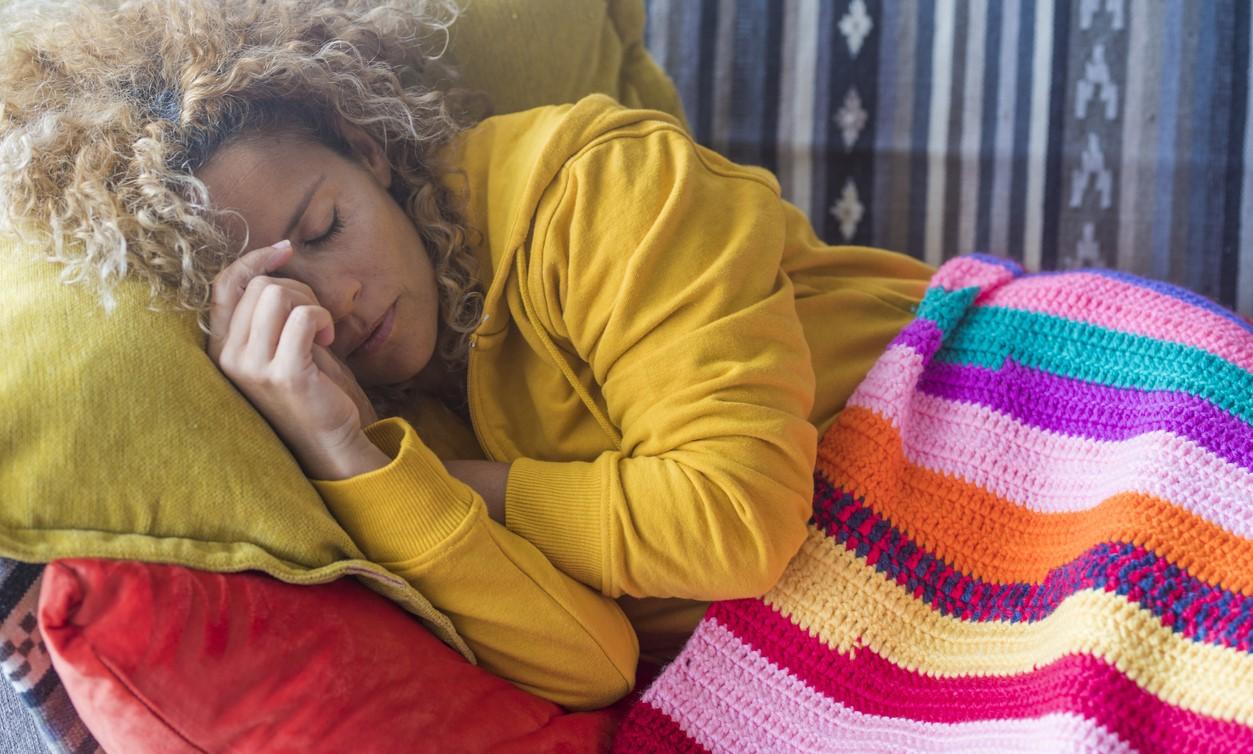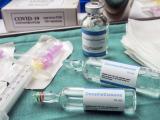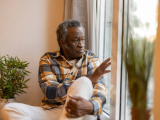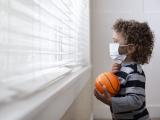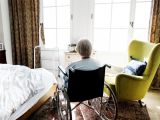New research published in The Lancet Respiratory Medicine and presented at the European Congress of Clinical Microbiology & Infectious Diseases (ECCMID) suggests the altered sleep patterns in British residents hospitalized with COVID-19 likely contributed to developing breathlessness, or dyspnea following recovery from the initial illness.
This is the first known study linking breathlessness and sleep disturbances, two common symptoms noted during and following COVID-19 infection. The study took place across 38 UK health centers and was led by researchers from the University of Manchester and Leicester, as part of the larger post-hospitalization COVID-19 study (PHOSP-COVID).
To conduct the study, researchers reviewed self-reported sleep quality surveys (Pittsburgh Sleep Quality Index questionnaire) from 638 patients, and data from 729 patients who wore devices similar to smart watches that measured night-time activity levels. All participants had COVID-19 from March to and October 2021. Data were collected 2 to 7 months and 10 to 14 months after hospital discharge.
Sleep problems persist up to 1 year
A total of 62% of participants who had been admitted to hospital for COVID-19 reported sleep disruption, which was likely to persist for at least 12 months.
"Our findings suggest that sleep disturbance is a common problem after hospitalisation for COVID-19 and is associated with breathlessness," said study author Callum Jackson, MMath, from the University of Manchester, in an ECCMID press release.
"We also show this is likely to persist for at least 12 months, as subjective sleep quality did not change between 5 and 12 month follow-up visits."
This is likely to persist for at least 12 months, as subjective sleep quality did not change between 5 and 12 month follow-up visits.
Because sleep disturbances commonly occurs after any hospitalization, the authors compared COVID-19 patients to matched controls hospitalized for any illness in the United Kingdom during the same timeframe. Participants who had COVID-19 hospitalizations and reported sleep problems logged more hours in bed but saw a 19% decrease in their sleep regularity scale compared with matched controls.
Sleep disturbance not linked to disease severity
Though all study participants were hospitalized for COVID, those who did and did not need critical care reported sleep disturbances in equal measure.
Those who reported sleep disturbances, however, were also more likely to report anxiety and muscle weakness.
"Participants with poor sleep quality (as defined by the Pittsburgh Sleep Quality Index) tended to be female, younger, have a higher BMI, have previous depression or anxiety, have previous dyspnoea, have previous poorer quality sleep, and have lower alcohol consumption than those with good sleep quality," the authors wrote.
Which comes first?
In a commentary on the study, scientists from the University of California-San Diego said sleep disturbance, breathlessness, and anxiety are common after COVID-19 and are associated with one another, although the underlying mechanisms remain unclear.
The commentary authors caution that the study shows correlation—not causation. "It is unclear whether sleep disturbance is causing anxiety or whether anxiety is contributing to poor sleep. Interventional studies are required to define the underlying causal pathways," they wrote.
It is unclear whether sleep disturbance is causing anxiety or whether anxiety is contributing to poor sleep.
Though more work is needed to understand sleep and long COVID symptoms, the commentary authors said systematic screening of sleep and respiratory abnormalities following recovery from COVID-19 is not yet indicated.
